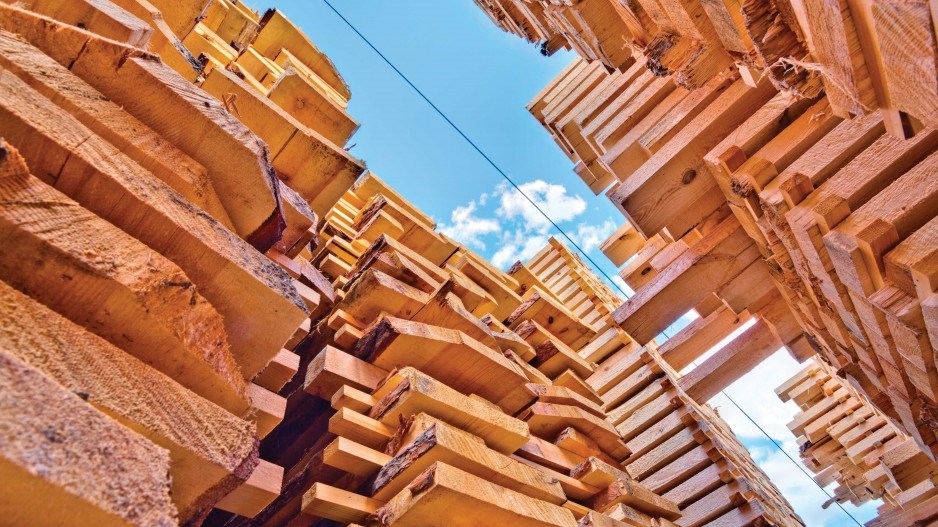Dismayed but not surprised is how B.C. government and lumber industry representatives reacted to yesterday’s ruling by the U.S. International Trade Commission (ITC), which determined that softwood lumber imports from Canada resulted in “material injury” to American lumber producers.
According to the B.C. government, the ruling, which came down December 8, means that all countervailing duties applied by the U.S. Department of Commerce on Canadian softwood lumber since April 28 continue to apply.
"Today's ruling, though not unexpected, means that B.C. and Canadian forest companies must continue to pay unfair and unwarranted duties, to make U.S. lumber companies and land owners even richer at the expense of Canadian exporters and American consumers and builders,” Premier John Horgan said in a press release.
Susan Yurkovich, president of the BC Lumber Trade Council, likewise characterized the ruling as “not unexpected” but nonetheless unusual, given the strong demand and high prices in the U.S.
“To our knowledge, the ITC has never before reached an affirmative decision of injury when an industry was enjoying the most profitable period in its history, which is the case today for the U.S. lumber industry,” the BC Lumber Trade Council said in a press release.
“The ITC finding of ‘injury’, despite the current record-setting profitability of the U.S. lumber industry, makes it very clear that this was not an objective evaluation of the facts,” Yurkovich said.
Combined, countervailing and anti-dumping duties on Canadian softwood lumber exports add roughly 20% to the cost of exports to the U.S.
All duties have to be paid in cash and are held in trust by the U.S. until all appeals by Canada have been heard. In the past, Canada has won most appeals through international tribunals, which meant most of the deposits were eventually returned to the companies that paid them.




